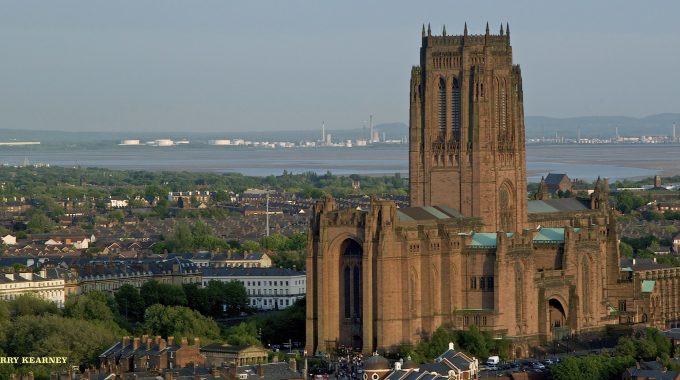
For the better and for worse
The fourth of the four European paradox addressed by Evert van de Poll. This is a draft of the future reedition of his book ‘Europe and the Gospel’ (1st part here, 2nd part here, 3rd part here)
We should hasten to add that we are dealing here, not with Christianity in general, but with European Christianity.
We are not talking about the impact of ideal abstractions of ‘the Christian faith’ or theological notions such as ‘the universal Church’, but about the way in which real men and women, living in Germany, Poland, Russia, Spain, Rome, Athens, London, Amsterdam or wherever, have contributed to the making of Europe. These people belong (or belonged) to Christian traditions that have developed in Europe and nowhere else. We’re not dealing with the worldwide Church, but with one particular stream: European Christianity. This stream consists of a great variety of Churches and movements and individuals, representing a wide range of theologies, liturgies, and lifestyles. However, they all have a common denominator: they are bound up with the history of Europe.
One does not have to be an expert in Church history to realise that Europe has become acquainted with the Christian faith for the better and the worse. Here we have the fourth paradox. As we will bring out in the chapters on the mixed record and the heritage of European Christianity, so many evil has been done in the name of Christ, and at the same time also so much good has been done in the same name. It has witnessed the impressive exploits of saintly monks and ruthless warriors, of preachers and crusaders, of devout reformers and scandalous prelates, all in the name of the same Lord. More religious wars have been fought on European soil than anywhere else, but this was also the sending base of missionaries who brought the Christian message to the far corners of the earth, not counting the cost of immense sacrifice. Some Christian folk have traded slaves while others have campaigned for the abolition of slavery. Contradictions of the like abound in the story of Europe and the Christian faith.
Keeping this paradox in mind, we should be cautious to always specify what kind of Christianity was involved in the particular development we are talking about. In some respects, we can speak about European Christianity as a whole, for example, with respect to a Biblical or Christian worldview. In most cases, however we are referring to the historical Churches that were in a dominant position for a very long time and that have played such a crucial role in the making of European societies. But throughout the ages, there have also been counter movements, dissenters and nonconformists of all sorts, who have woven their threads and integrated their colours in the tapestry of European history.We really are a continent made up of many paradoxes.
Evert van de Poll
Professor of Religious Science and Missiology at Evangelical Theological Faculty, Leuven and a pastor with the French Baptist Federation.

This Post Has 0 Comments